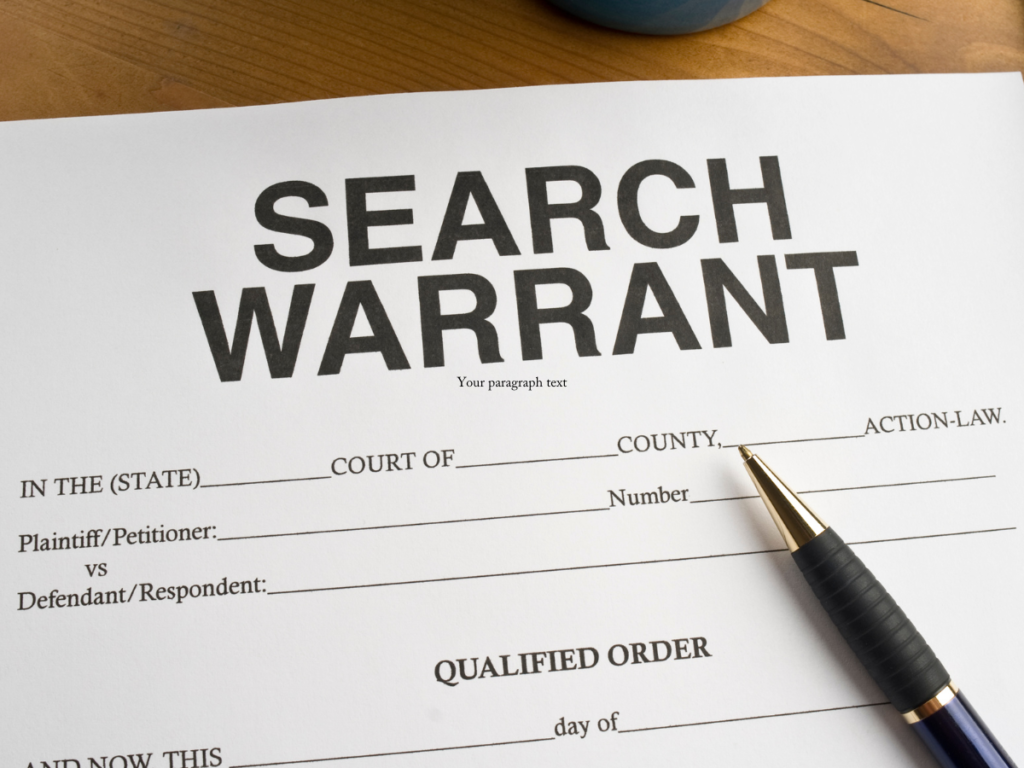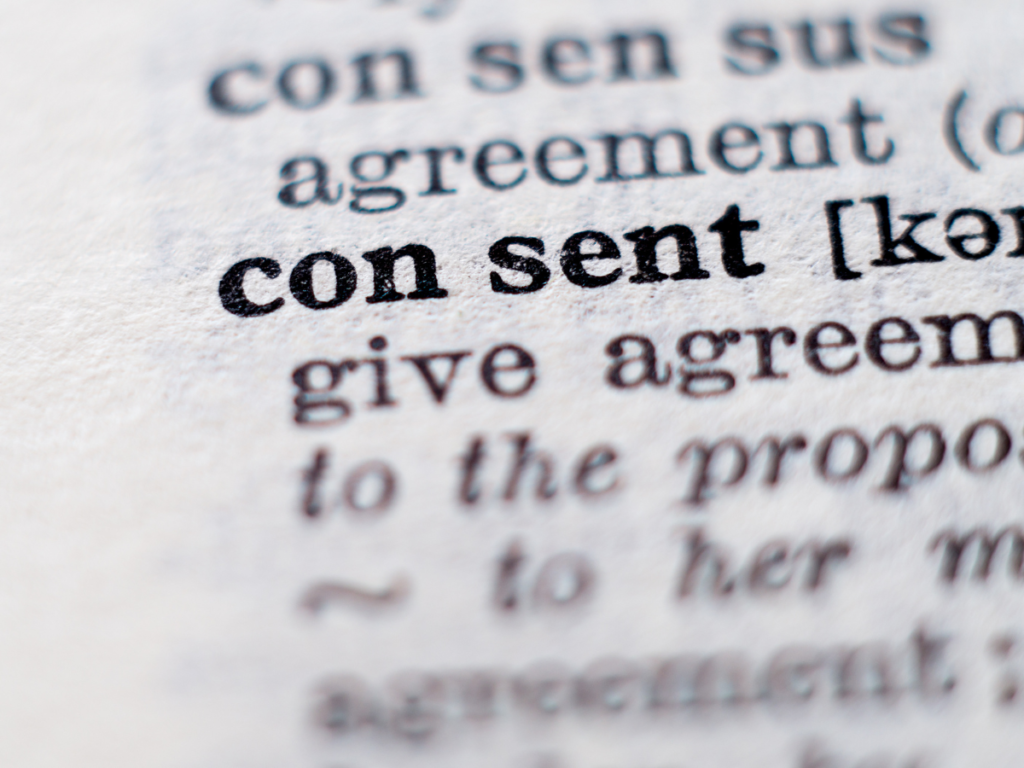Colorado Attorneys Legal Blog
Defenses to Theft, Robbery, or Burglary Charges in Colorado

Theft, robbery, and burglary are all offenses that involve taking or damaging another person’s property without permission. Although these three terms are often used interchangeably, there are key distinctions between them.
What Are the Aggravating Factors Associated with Sex Crimes?

Understanding the aggravating factors in Colorado sex crimes is crucial for anyone facing such charges. The circumstances surrounding a sex crime can significantly influence the severity of the penalties, including lengthened prison terms, increased fines, or other stringent penalties.
The Drug Schedules and How They Affect Your Charges

The federal government has created a system of categorizing illegal, over-the-counter, and prescription drugs known as drug schedules. State and federal drug laws are heavily influenced by the schedule that a particular drug falls under.
Social Media and Domestic Violence Accusations

These days, you have to be careful about everything you say online. This is particularly important when facing domestic abuse charges in Colorado. Even when your privacy settings are on, prosecutors can access your social media posts and use this information against you in court.
How Long Is My Criminal Case Going to Take?

The timeline of a criminal case in Colorado is influenced by a combination of factors. The legal process may involve several phases, from the initial investigation and gathering of evidence to trial preparation, the trial itself, and post-trial appeals.
The Degrees of Homicide, Murder, and Manslaughter

Homicide offenses are categorized into different degrees to reflect varying levels of intent or mens rea, a crucial legal principle referring to the mental state of the defendant at the time of the offense.
Defending Against Unlawful Search and Seizure in Drug Cases

Protections against unlawful searches and seizures are essential for a just and orderly society because they safeguard individual liberties and uphold the rule of law. Without these protections, citizens are vulnerable to arbitrary intrusion by authorities, leading to fear, mistrust, and potential abuse of power. By ensuring that searches and seizures are conducted lawfully, society maintains a balance between public safety and individual rights, fostering trust in the justice system and preserving the foundation of a democratic society.
Employee Theft Allegations: Implications and Legal Options

Workplace employee theft presents a widespread challenge for businesses. It includes various theft activities, and motivations behind such actions range from financial strain to personal gain or dissatisfaction. Both minor pilfering and complex schemes can result in significant economic losses for employers, impacting their income and eroding trust within the organization.
The Role of Consent in Sex Crime Allegations

Sexual consent is the unambiguous agreement between individuals to engage in sexual activity. It’s a cornerstone of healthy sexual relationships, ensuring mutual respect and autonomy. Without consent, sexual encounters can lead to emotional trauma, physical harm, and legal consequences.
Why Domestic Violence Is a Sentencing Enhancement in Colorado

Colorado is experiencing an alarming surge in domestic violence. The latest report for 2022 exposes a troubling record of 94 domestic violence-related fatalities, surpassing the seven-year average by 1.5 times. The report, issued by the Colorado Domestic Violence Fatality Review Board, reveals that firearms are the primary cause of these fatalities, as reported by the Colorado Domestic Violence Fatality Review Board (CDVFRB).